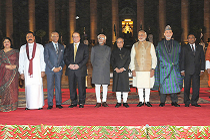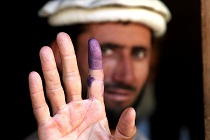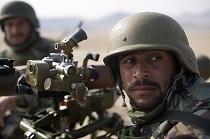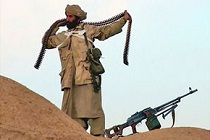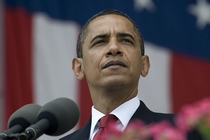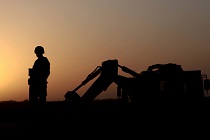Hopes for a South Asia union
The South Asian region is one of the least integrated in terms of trade and human interaction. The presence of SAARC leaders at the swearing-in ceremony of the new government heralds a step towards removing barriers and integrating the economies of this region

